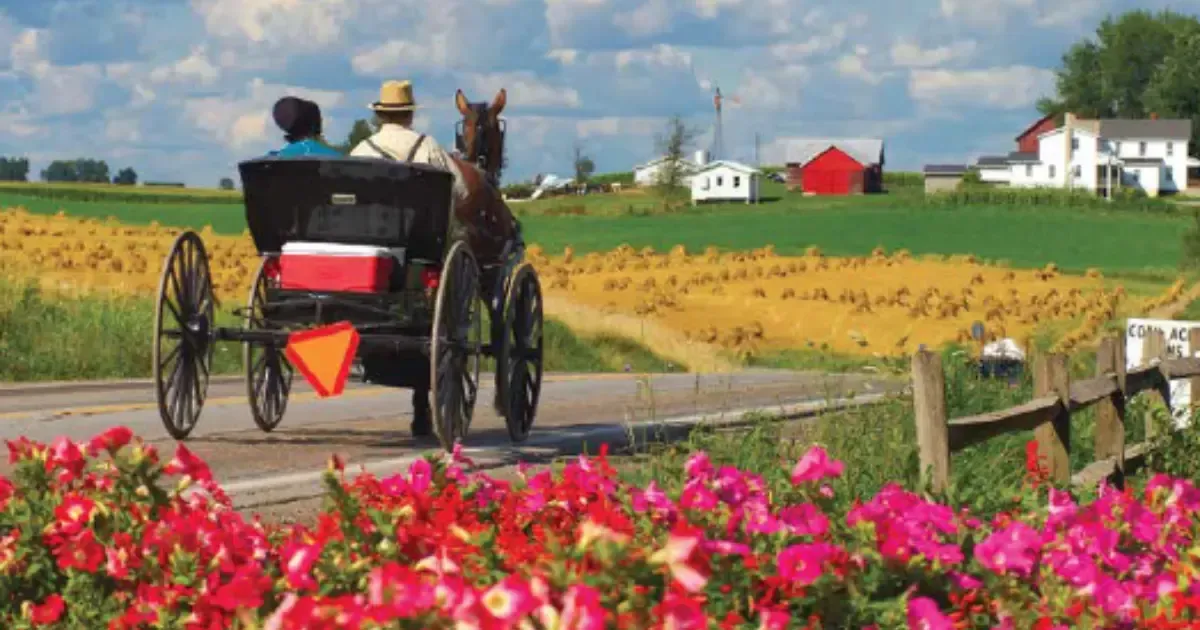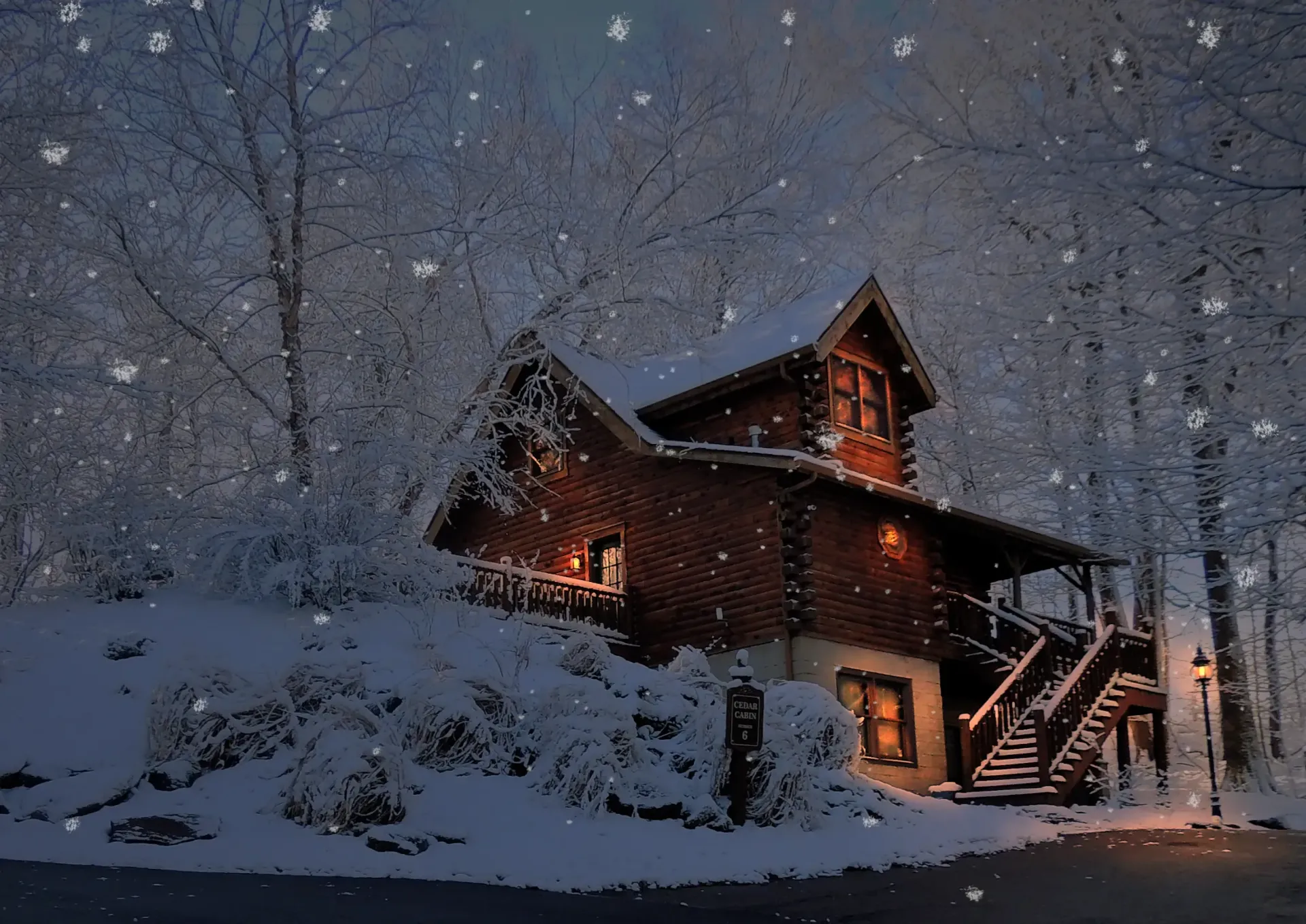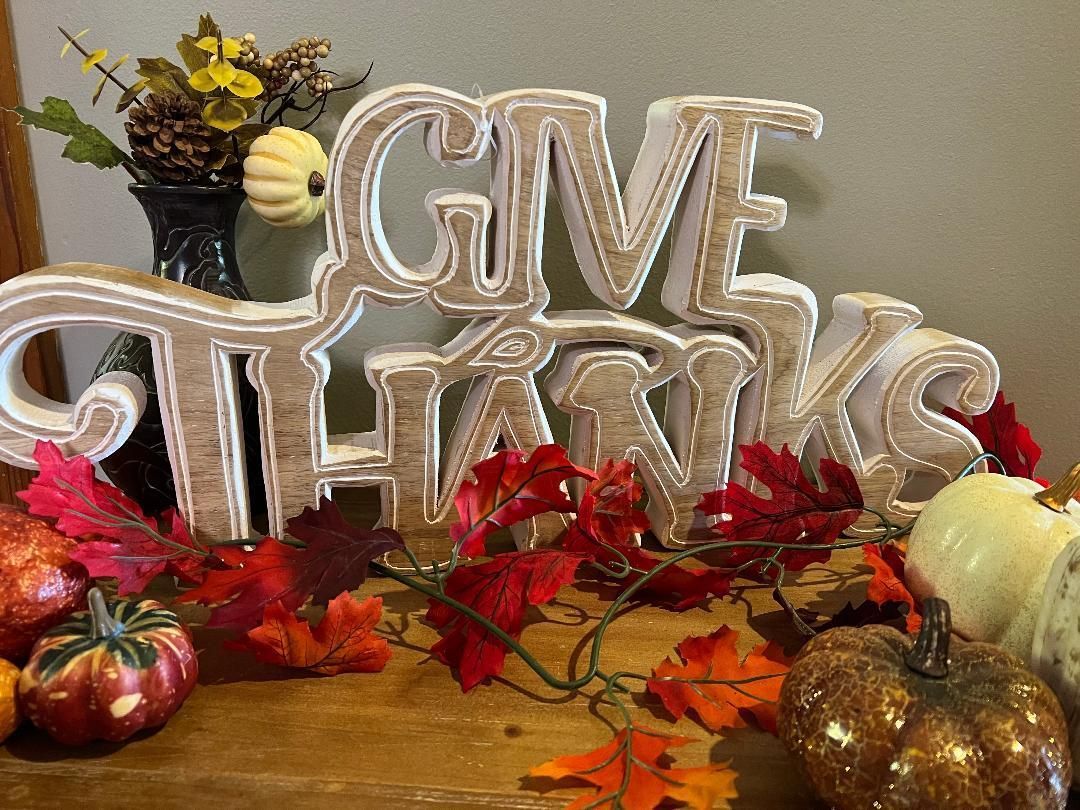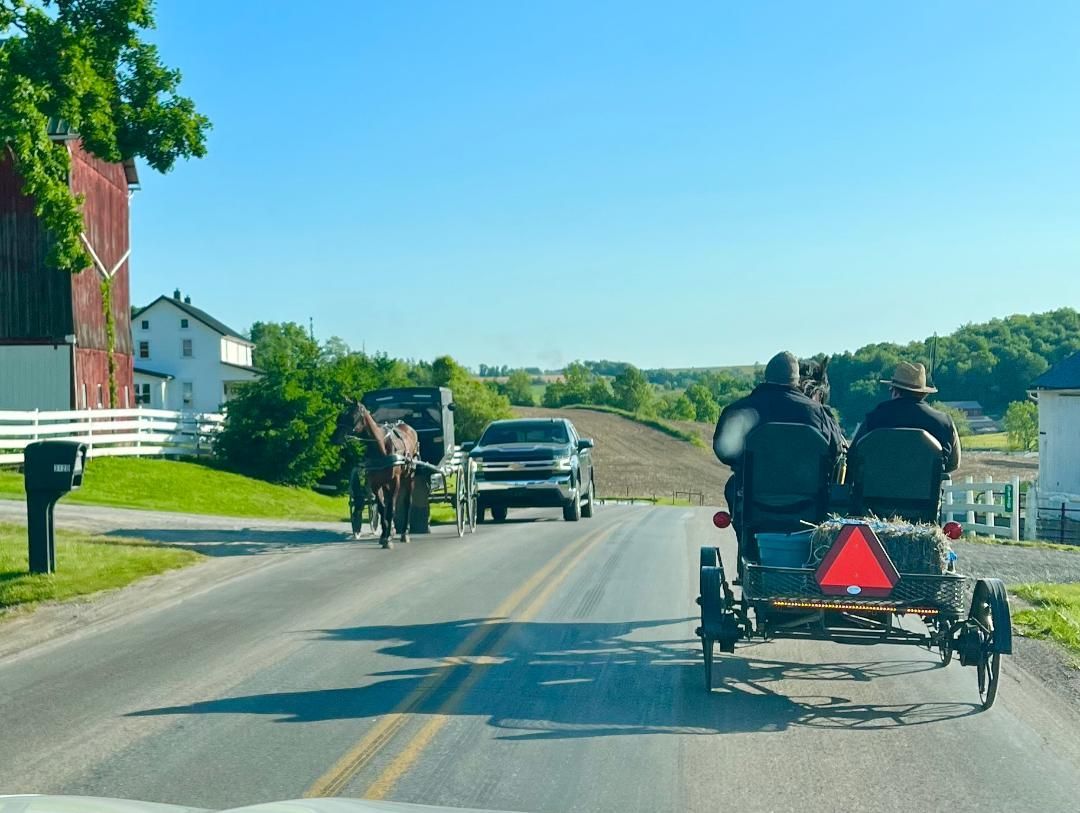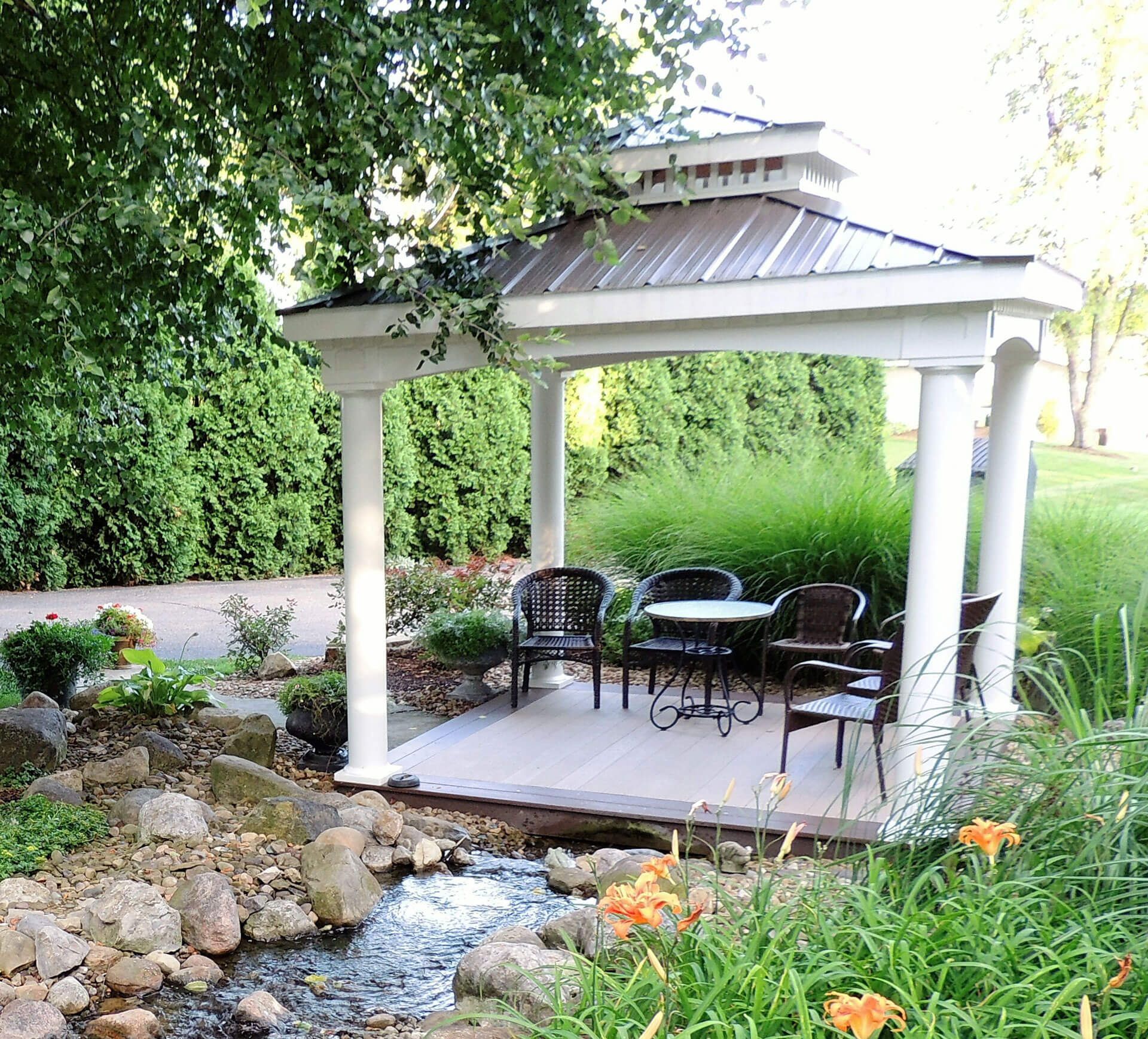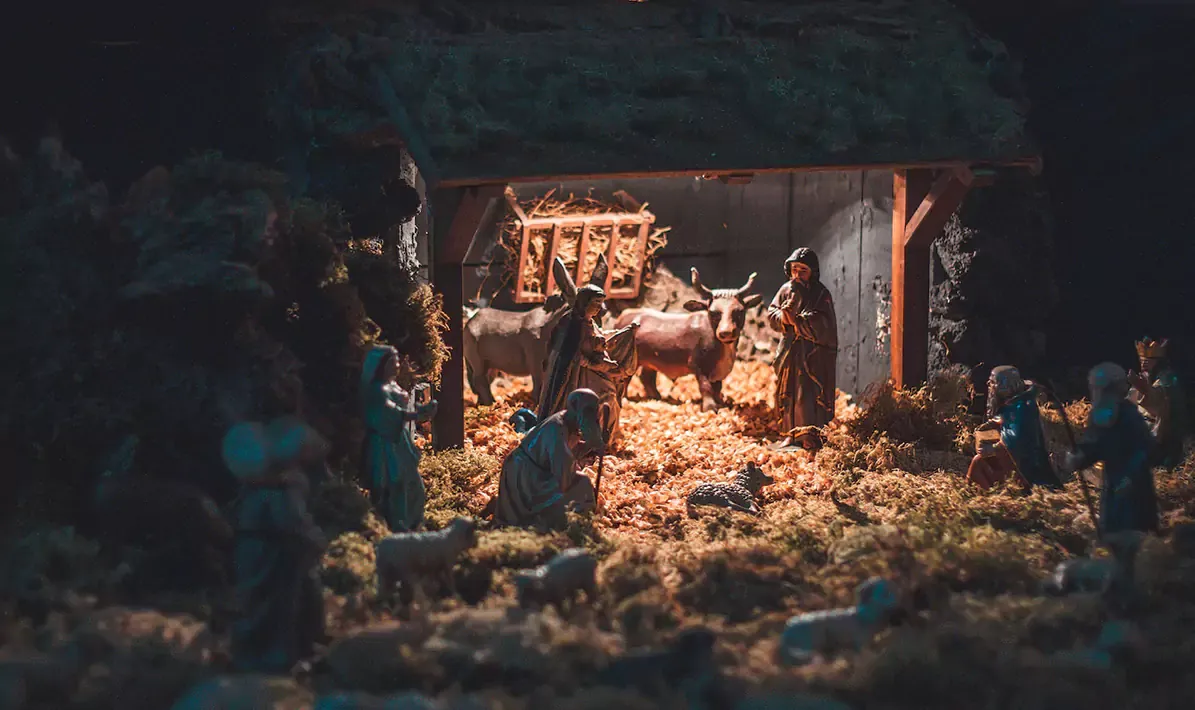
The December and January calendars are filled with a multitude of winter holidays. People are celebrating Hanukkah, the Winter Solstice or Yule, Christmas, Kwanzaa, Boxing Day, New Year’s Eve and Day, Martin Luther King Jr. Day, and Chinese New Year. Don’t forget about December and January birthdays and anniversaries, work holiday parties, ugly sweater contests, and cozy winter date nights. The Amish also celebrate a holiday on January 6 each year.
In the Amish tradition, January 6 is referred to as Old Christmas. Under the Julian calendar, the birth of Jesus was celebrated on January 6. Pope Gregory XIII changed the calendar to the one used today, the Gregorian calendar, in the late 1500s. The Pope did so to match the calendar closer to the seasonal cycle. In order to do so, he had to remove 11 days from the calendar that year. In doing so, Pope Gregory XIII moved the celebration of Christ’s birthday to December 25. Some groups, like the Amish, have chosen to continue to honor his birthday on January 6.
How Do the Amish Celebrate These Holidays?
On Christmas Day, the Amish celebrate the birth of Jesus Christ in a similar fashion to many non-Amish families:
- They light Christmas candles. Some families decorate the home with greenery.
- They have a big meal of turkey or ham with all of the delicious side dishes.
- The exchange wrapped gifts.
- They spend the rest of the day with their family playing games.
Old Christmas is a more solemn and quiet holiday:
- The day begins with fasting followed by a big Christmas-style meal.
- There may be some small gifts exchanged.
- The focus of the day is on reflection. Families visit together but the day is not as celebratory in nature as Christmas on December 25.
There are some notable differences between Amish and non-Amish celebrations of birth of Christ:
- The Amish do not decorate their home with light displays.
- There are no trees filled with ornaments.
- Amish children do not visit Jolly Ole Saint Nick.
Do Any Other Religions Celebrate Old Christmas?
Yes. The holiday on January 6 is known by many different names including Epiphany, Theophany, Three Kings’ Day, and Little Christmas. In some religions, January 6 marks the end of the Twelve Day of Christmas which is when the Magi, or Three Wise Men, arrived in Bethlehem with gifts for the newborn baby. People across the world celebrate the day:
- Children in many Latin American countries leave their shoes by the door on the eve of Día de Reyes. Instead of cookies for Santa, they leave grass for the camel, horse, and elephant. The following morning, they check their shoes for gifts.
- Young men in Bulgaria jump into freezing cold water to retrieve a cross thrown in by a priest. The first to reach the cross is bestowed with good health.
- The Coptic Orthodox Church of Alexandria in Egypt celebrates the baptism of Jesus on January 6. It is considered a very privileged day to be baptized.
- Be careful if you happen to be in England on January 6. Many people play pranks on friends and family. It is similar to April Fool’s Day.
- The idea of a King Cake is found around the world on Epiphany. Whoever finds the hidden trinket in the cake gets to be king or queen for the day. King Cake “season” runs from Epiphany to Mardi Gras in New Orleans.
- Lebanese Christians treat the day in a solemn fashion like the Amish. They pray for their deceased and attend midnight mass.
- A fairly new tradition can be found in Russia. Because the water is seen as especially holy on January 6, people cut holes in the ice in the shape of a cross. They then bathe in the freezing water.
- In many traditions, holiday decorations are removed on January 6. Ornaments and lights are put away and Christmas trees are removed from the house.
Most holidays are centered on spending time with people you love, be they family or friends. Perhaps the Amish have this all figured out with an extra day set aside for reflection and community. Many groups and religions celebrate January 6 in various ways. In some countries it is observed as a national holiday. Make this the year that you start your own traditions around the old holiday. Cook a special meal together, exchange homemade gifts, or simply schedule quiet time together. If you are feeling especially adventurous, go for a winter swim; we recommend that you have a cozy fireplace and blankets waiting for when you dry off.

